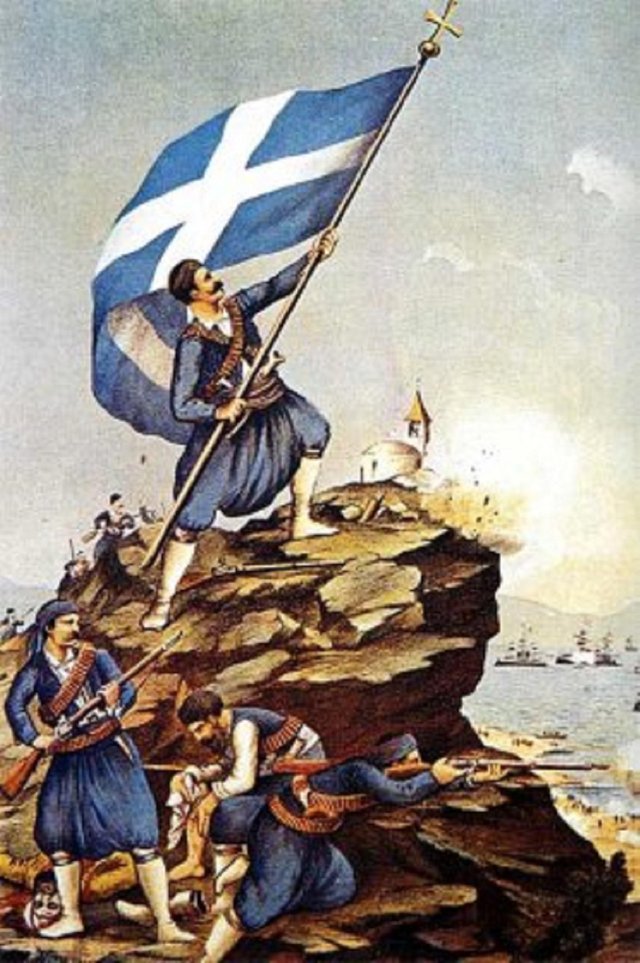
In 1821, the people of Greece rose up against their Ottoman rulers in a revolution that would change the course of their history forever. After centuries of foreign domination, the Greeks fought for their independence, inspired by the ideals of the European Enlightenment and the American Revolution. The revolution was a long and difficult struggle that lasted for several years, but it ultimately led to the establishment of the modern Greek state.
Background
Greece had been under Ottoman rule since the fifteenth century, and the Ottomans had imposed a harsh regime of taxation, forced labor, and religious oppression on the Greek population. Despite this, Greek culture had survived and continued to flourish in secret, and a sense of national identity had gradually emerged among the Greeks.
The Enlightenment and the French Revolution had a significant impact on Greek intellectuals, who began to articulate the idea of a Greek nation-state. The Greek War of Independence was inspired by the revolutionary ideals of liberty, equality, and democracy.
Revolution
The revolution broke out in March 1821, when a group of Greek patriots led by Alexandros Ypsilantis crossed the Danube River from Russian territory into Ottoman-held Moldavia. The revolution soon spread throughout Greece, with local leaders rising up against the Ottoman authorities.
The Greeks faced significant challenges in their struggle for independence. The Ottomans had a much larger and better-equipped army, and they were supported by other European powers such as Britain, France, and Russia, who feared that a successful Greek revolution would upset the balance of power in the region.
The Greeks, however, were motivated by a strong sense of national identity and a desire for freedom. They were also aided by volunteers from other European countries, who were inspired by the romantic vision of the noble Greek warriors fighting for their liberty against the oppressive Ottoman Empire.
After several years of fighting, the Greeks managed to gain the upper hand. The decisive battle came in 1827, when the Ottoman fleet was defeated by a combined force of Greek, British, and French ships at the Battle of Navarino.
Independence
The victory at Navarino marked the beginning of the end for Ottoman rule in Greece. In 1829, the Treaty of Adrianople recognized Greece as an independent state, although it was still subject to the suzerainty of the Ottoman Empire.
The Greeks were able to establish a modern, democratic state, with a constitution modeled on that of the United States. The new Greek state faced many challenges, including the need to build a strong economy, to integrate the large Greek diaspora into the new nation, and to deal with ongoing disputes with the Ottoman Empire and other European powers.
Conclusion
The revolution of Greece in 1821 was a struggle for independence that had a profound impact on the history of the region. It inspired other nationalist movements throughout Europe and beyond and contributed to the decline of the Ottoman Empire.
The Greeks had fought for centuries to preserve their culture and identity, and the revolution of 1821 was the culmination of that struggle. Although there were many challenges ahead, the establishment of the modern Greek state was a significant achievement, and the legacy of the revolution lives on to this day
Thank you, friend!


I'm @steem.history, who is steem witness.
Thank you for witnessvoting for me.
please click it!
(Go to https://steemit.com/~witnesses and type fbslo at the bottom of the page)
The weight is reduced because of the lack of Voting Power. If you vote for me as a witness, you can get my little vote.
Downvoting a post can decrease pending rewards and make it less visible. Common reasons:
Submit